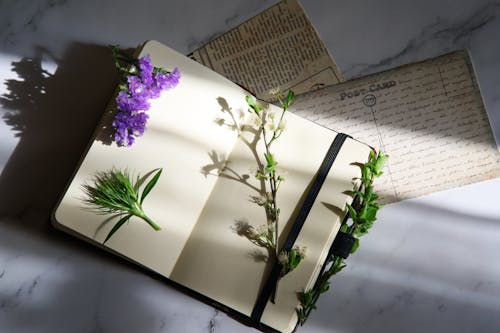Journaling has been a cherished practice for many over the centuries, serving as a window to our past, a record of our present, and often, a beacon for our future. While the classic approach of recapping daily events in a journal holds its timeless charm, the expansive realm of journaling invites us to venture beyond the routine. For those looking to infuse creativity and depth into their entries, a journal for writing can serve as an ideal companion, guiding you through myriad themes and ideas waiting to be explored.
The Versatility of a Journal for Writing

A dedicated journal for writing does more than just offer blank pages; it provides an invitation. An invitation to dive deep, to wander into the realms of imagination, and to articulate thoughts that often remain intangible. Such journals often have a quality that encourages introspection, prompting writers to go beyond the surface.
- Dream Chronicles:
Instead of just writing about your day, why not pen down your dreams? Dreams can be mysterious, enlightening, or simply entertaining. Recording them can not only help in recalling them better but might also offer insights into your subconscious mind.
- Gratitude Entries:
Instead of focusing on daily events, dedicate pages to the things you’re thankful for. This practice not only fosters positivity but also helps in developing a habit of seeing the silver lining even in challenging times.
- Letters to Your Future Self:
Write to a future version of yourself. What hopes and advice would you like to share? Revisiting these entries in years to come can be both emotional and revealing.
- Fictional Snapshots:

Unleash your creative side by penning short fictional stories or character sketches. This not only hones your writing skills but also offers an escape from the routine.
- Art and Expression:
Your journal for writing doesn’t have to be limited to words. Sketch, doodle, or paint. Let the pages reflect your moods, hopes, and aspirations visually.
- Goal Mapping:
Use your journal to map out personal or professional goals. Breaking them down into smaller, achievable tasks and tracking your progress can be immensely satisfying.
Conclusion
A journal is more than a diary of daily events. It’s a canvas waiting to be filled with thoughts, dreams, stories, and emotions. By exploring creative themes and ideas, you not only enrich your journaling experience but also embark on a journey of self-discovery. So, grab your journal for writing and let the adventure begin!

